AI in Skincare: Actually Intelligent or a Scam?

Yesterday, out of curiosity, I decided to try a new AI-powered skincare tool. I uploaded a photo of my bare face, no filters, no makeup, just me and my front camera.
Within seconds, it told me everything it "saw" from dehydration and dullness to possible early signs of melasma and pigmentation. It even handed me a personalized routine, like a virtual skincare assistant ready to take charge. At first, I was impressed. It felt fun, fast, and to be honest……….. a little thrilling.
But then I paused.
Was it accurate? Could I trust an app to know my skin better than I do?
Or was this just another smart-sounding gimmick wrapped in fancy UI and skincare buzzwords?
And that’s when it hit me, this is the world we’re stepping into. The age of AI skincare, where our beauty routines are being shaped by algorithms, not just advice from estheticians or dermatologists.
It’s exciting, yes. But also a little bit… complicated.
But here’s the real question:
Can an AI really tell you everything about your skin? Not Really! Here’s why………..
✅ The Bright Side: What AI Skincare Is Getting Right
1. Truly Personalized Skincare
The days of guessing what works for your skin and what doesn’t are gone. AI offers:
- Routines crafted based on your exact skin needs.
- Adjustments that evolve with seasons, hormone cycles, or stress levels.
- Product suggestions rooted in data, not just trends.
In short, it feels like having a virtual skin coach in your pocket, one that remembers your skin better than you sometimes can. BUT it’s far from perfect.
2. Accessible Skin Analysis
No dermatologist nearby? No worries.
- With just your mobile camera, you get a skin analysis anywhere, anytime.
-
Instant insights on acne, dryness, pigmentation, or early signs of aging.
-
Apps like Olay’s Skin Advisor or YouCam’s FaceAI have made it surprisingly easy and pretty accurate for everyday use
BUT again, there’s a reason why dermatologists have not gone out of business immediately.
3. Demystifying Ingredients
For those overwhelmed by ingredient lists, AI tools now:
-
Flags potentially irritating ingredients based on your skin profile.
- Suggest cleaner, safer swaps.
- Highlight which actives may not play well together (👀looking at you, retinol serum + AHAs!)
Perfect for anyone trying to make smarter, more conscious skincare decisions.
4. Helping You Stay Consistent
Many AI platforms also act as your gentle skincare accountability partner:
- Daily check-ins
- Routine reminders
- Progress tracking via photos or logs
They take the guesswork out of your routine and help you stay on track, even when life gets busy.
🚧 The Other Side: What AI Still Can’t Do (Yet)
As cool and convenient as all this sounds, it’s not all perfect. Let’s talk about the ‘BUTs from above and where AI still falls short, and MOST IMPORTANTLY, why it matters.
-
THE BIGGEST: It’s Not a Doctor (and Shouldn’t Pretend to Be)
AI can help with regular skin maintenance, but:
-
It Can’t Accurately Diagnose Complex Skin Conditions
AI might recognize visible patterns like redness or flakiness, but it can’t definitively diagnose deeper or more nuanced conditions like eczema, fungal acne, or dermatitis.
These issues often look similar on the surface but have entirely different root causes, and treating them incorrectly can make things worse.
Only a trained professional can assess things like triggers, internal imbalances, and skin history to provide an accurate, safe diagnosis. -
It Can’t Offer Real-Time, Hands-On Care
Even the most advanced app can’t feel your skin, observe it under professional lighting, or physically examine how it reacts to pressure or products.
Conditions like inflammation, sensitivity, or skin barrier damage often need in-person evaluation, professional treatments (like chemical peels or extractions) -
AI Can’t Feel Your Skin
Though it can see what your skin looks like.
But it can’t tell:
-
How tight or dry your skin feels
-
If something stings after 10 minutes
-
Whether your skin is breaking out from a product or stress
There’s still a human experience that no camera can fully understand.
-
It’s Only As Smart As Its Data
AI tools are trained on limited datasets. You get:
-
Inaccurate results for darker or textured skin.
-
Misidentification of concerns like hyperpigmentation or rosacea.
-
One-size-fits-some suggestions.
This lack of diversity in AI training is a real issue. The more inclusive the data, the better the algorithm performs for everyone.
-
Your Skin Data = Your Business
Many apps collect sensitive data:
-
Facial scans
-
Product history
-
Personal habits and preferences
But where does that info go? Is it being used to train future AI systems or sold to third parties?
Tip: Always check an app’s privacy policy. Stick with brands that are open, ethical, and don’t compromise your data security.
⚖️ AI vs. Experts: Who Wins?
|
AI Skincare |
Human Dermatologist/Esthetician |
|
Instant skin analysis from your phone |
Deep clinical knowledge & personalized care |
|
24/7 access, low cost |
Real-time, in-person feedback |
|
Great for habit-building & ingredient education |
Can feel, touch, and interpret skin reactions |
|
May lack inclusivity or emotional understanding |
Can offer empathy, emotional support, and a detailed diagnosis |
Bottom line?
Let AI handle the daily nudges and product advice, but turn to a professional when you need real insight, treatment, or a first opinion.
🔮 What’s Coming Next in AI Skincare?
The future’s bright and smarter. Here’s what’s on the horizon:
1. More Inclusive Algorithms
Brands are recognizing the need for better representation. We’re expecting:
-
Smarter tools for melanin-rich skin
-
More accurate readings for acne, textured skin, and hormonal concerns
-
Less bias, more relevance
2. Human + AI Hybrids
Imagine this:
-
AI gives your skin a deep scan
-
A human expert reviews the data and builds a custom routine
-
You get speed and personalization
This kind of hybrid model is already in the works and could become the gold standard.
3. Smart Wearables for Skin
What if your skincare came with sensors that could:
-
Detect dehydration in real-time
-
Measure inflammation levels
-
Sync with your skincare app for real-time updates?
It’s not very far off now, and is about to get really exciting.
🤝How to Use AI Better for Skincare (So It Actually Helps Your Skin)
AI in skincare isn’t just a flashy trend; it can be a powerful tool. But like with any tool, how you use it matters.
1. Don’t Just Scan Once, Track Over Time
AI thrives on patterns, not snapshots.
Scan your skin regularly (once a week or once every few days) to track progress, not just problems. This helps the algorithm understand what’s working, what’s not, and when your skin is just having a “moment.”
2. Be Honest With the Inputs
AI tools use your skin type, habits, environment, and product usage to give advice. So don’t skip those questions. The more accurate your profile is, whether you’re dry-combo, stressed, or living in a humid city, the better the recommendations will match your skin’s real needs.
3. Don’t Blindly Follow Product Suggestions
Yes, AI may recommend products. But always read beyond the headline.
Look at ingredient lists, check how your skin has reacted to similar formulas, and cross-check with a real expert if you’re unsure.
AI is a guide, not gospel.
4. Use It for Ingredient Education, Not Just Skin Scans
Some of the most underrated AI features?
– Ingredient checkers
– Compatibility analysis (e.g., retinol + niacinamide)
– Sensitivity flags for your skin type
Apps like INCI Decoder, Skin Bliss let you scan products before buying, so you know what you’re putting on your face, not just what’s trending.
5. Keep Updating Your Profile
Your skin changes with seasons, hormones, sleep, stress, and diet.
What worked in winter may clog your pores in summer. So, revisit and refresh your inputs monthly if you can.
AI can only stay relevant if your data is current.
6. Check Privacy Settings (Always!)
AI apps often collect sensitive data: selfies, product usage, skin history, and even location.
Before trusting a tool, review its privacy policy. Look for brands that are transparent, ethical, and committed to not selling your data.
Your skin story belongs to you.
🧴 Final Thoughts: Searching for Balance in the Worlds of Skincare
It’s obvious that AI in skincare is amazing. Having an experienced mini-dermatologist in your pocket, letting you handle the ingredients, track progress, and establish better habits all along the way.
I’ll also be honest with you: It’s not perfect.
AI has no idea how your skin feels after that stressful day. It can’t tell if that redness is from a harsh serum or a hormonal flare-up. It doesn’t sit with you in front of the mirror when you’re wondering, “Why does my skin suddenly feel like this?”
And that’s okay.
Because you know your skin better than any machine ever will.
So, as AI becomes part of our skincare routines, here’s what really matters:
-
Use the tech, but don’t lose touch with your instincts.
-
Stay curious, but also stay critical.
-
Protect your data just like you protect your skin barrier.
-
And when in doubt? Talk to a human expert. Always.
Used mindfully, it’s like having a smart sidekick that helps you understand your skin a little better. Just remember: You’re still the main character, AI is just the assistant.
Combine the best of both worlds: a little bit of algorithm, a lot of intuition, and the right amount of expert opinions when you need them. You’ve got this, tech or no tech.



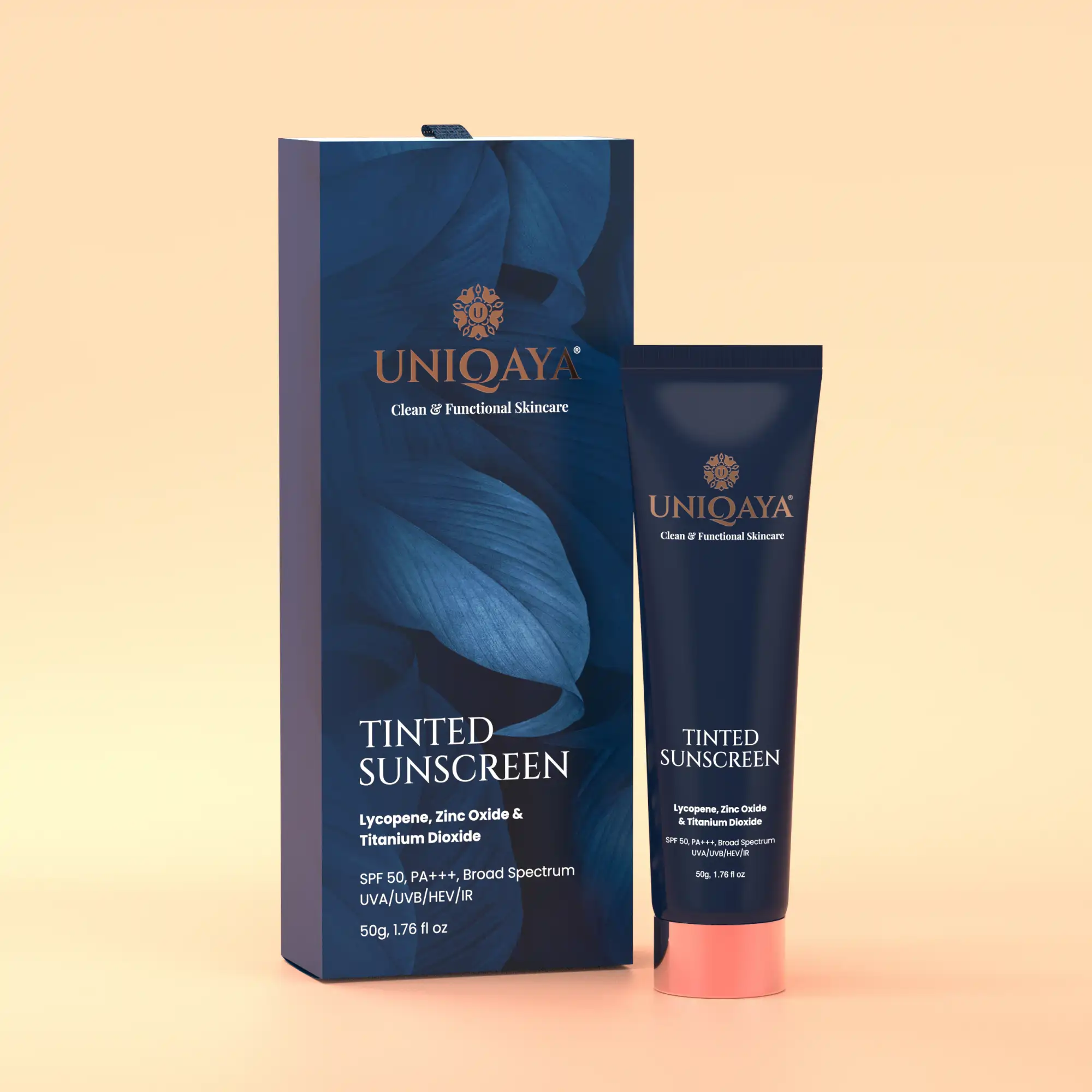

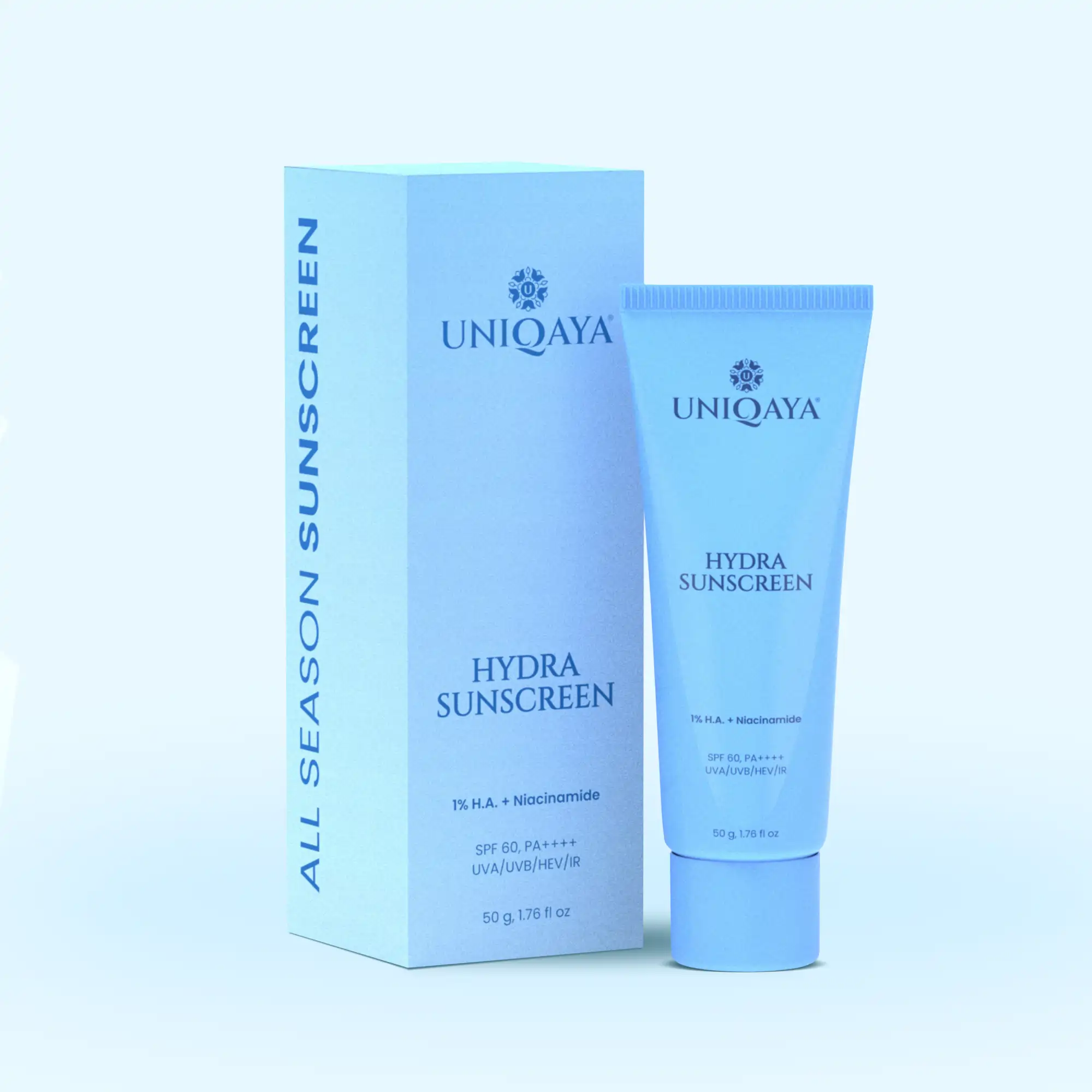

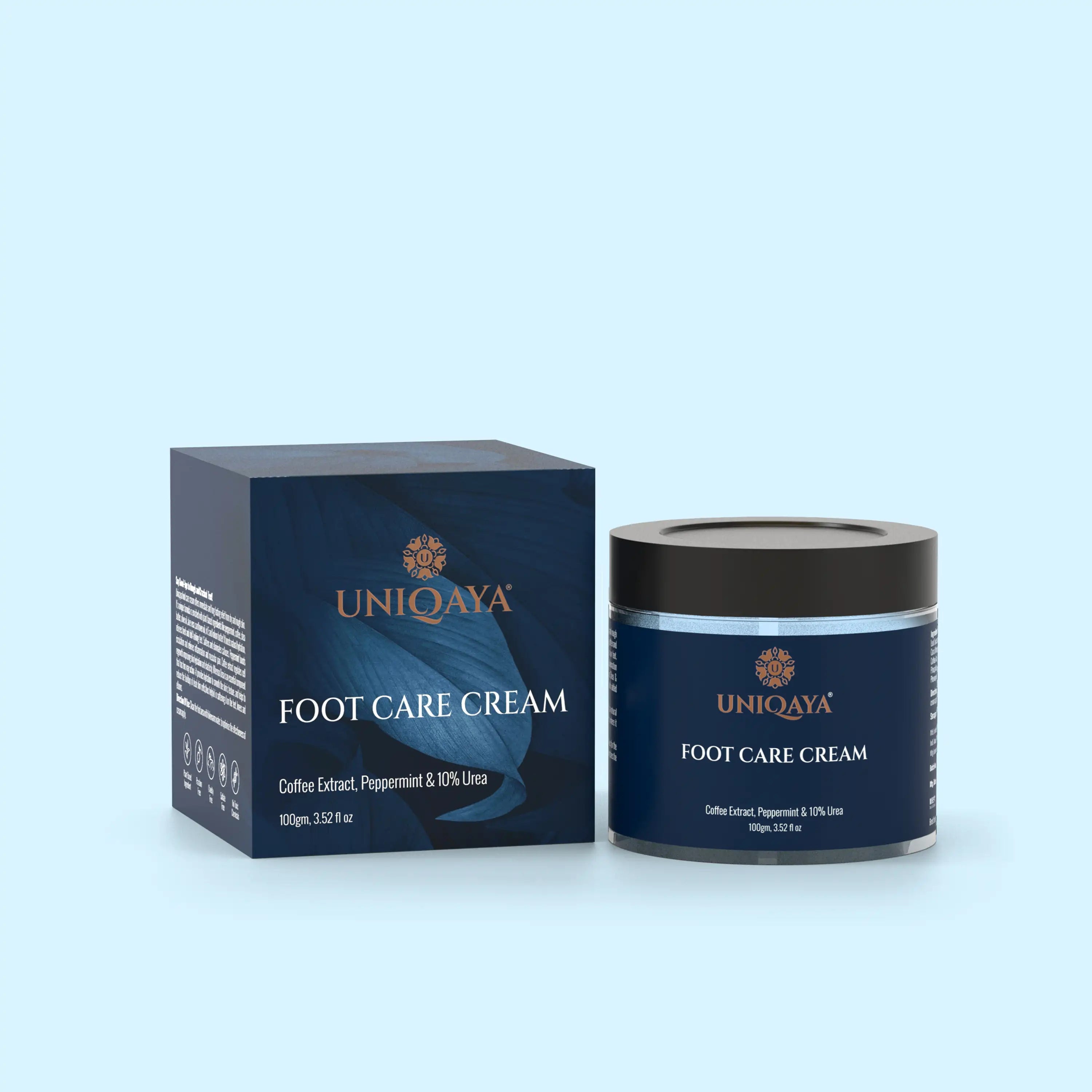

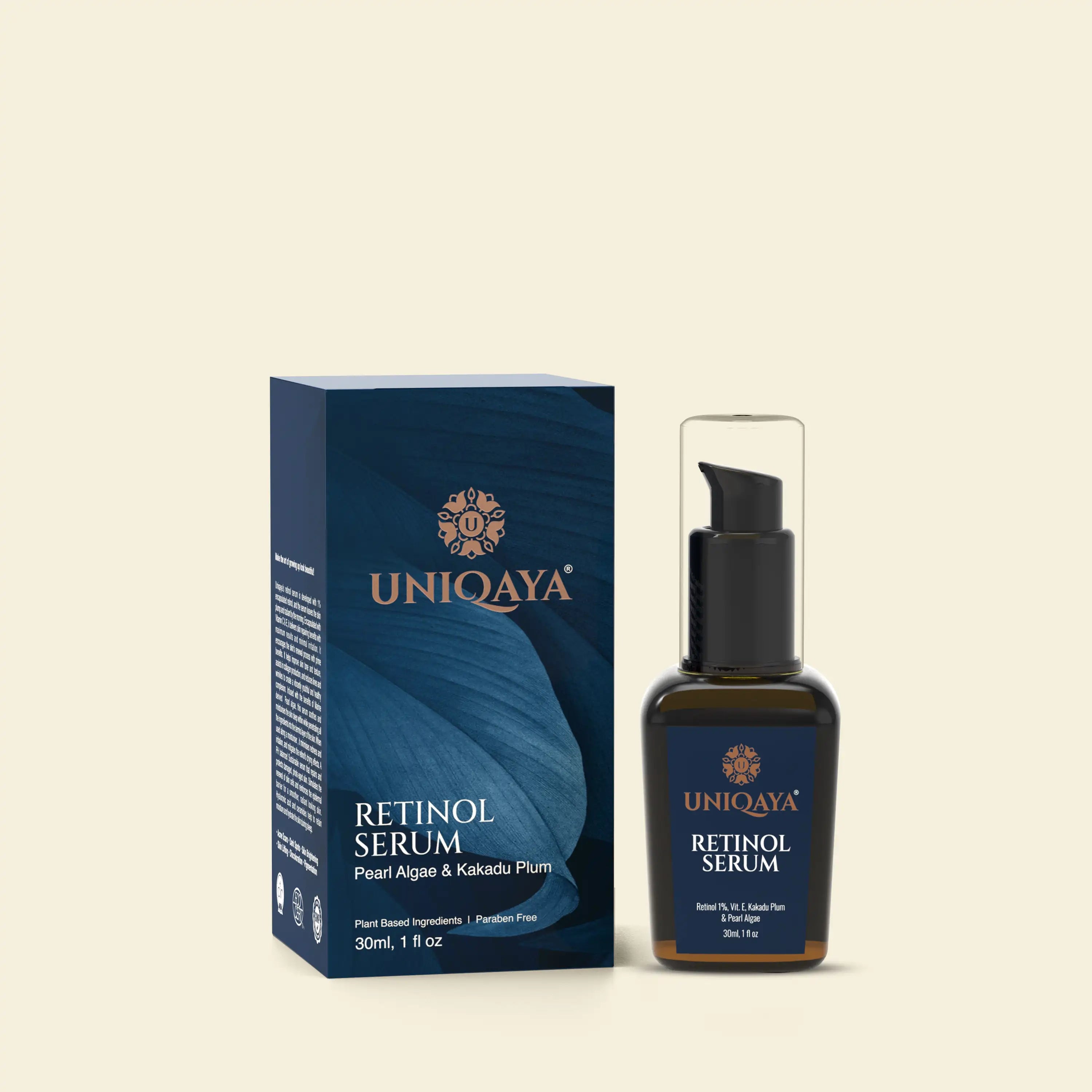
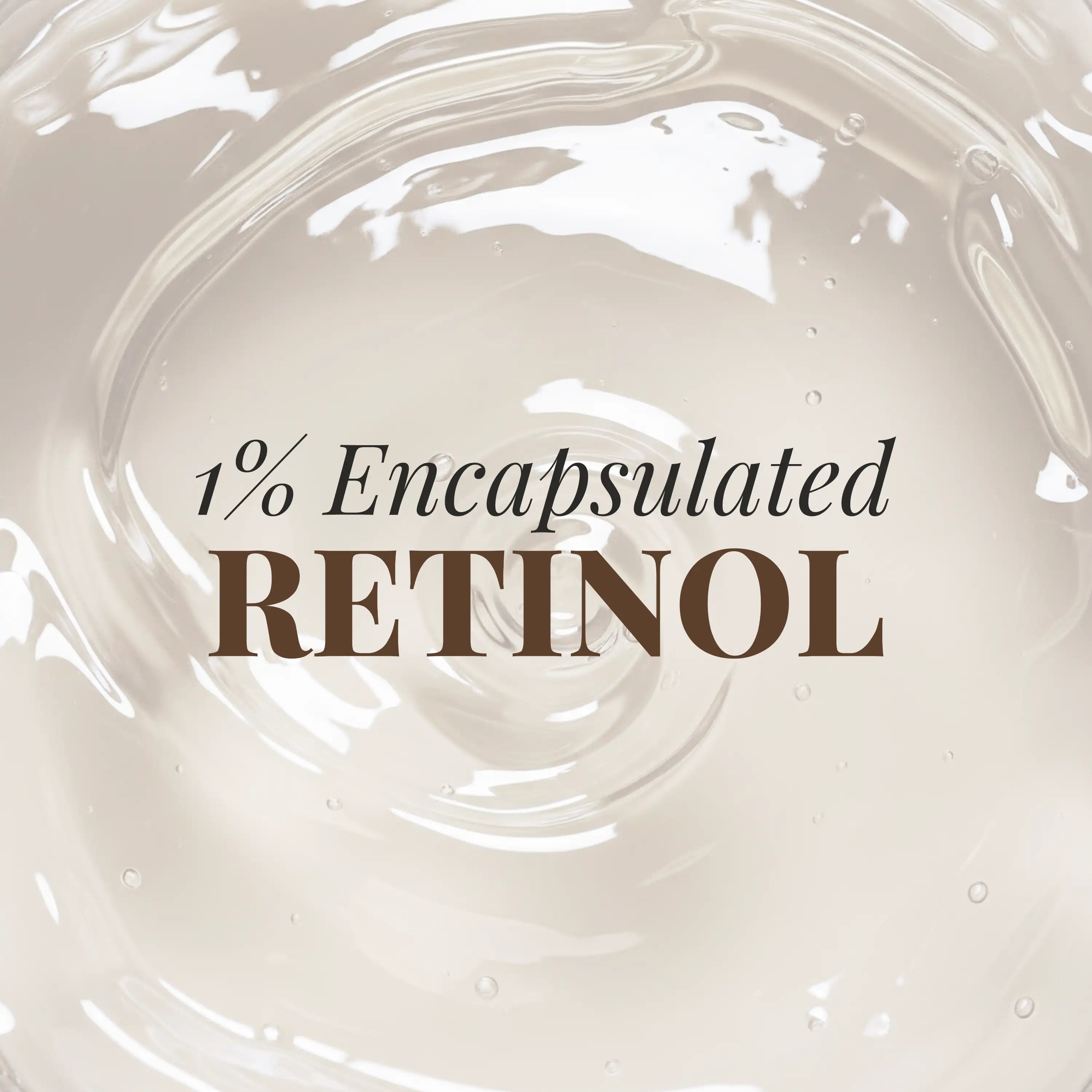
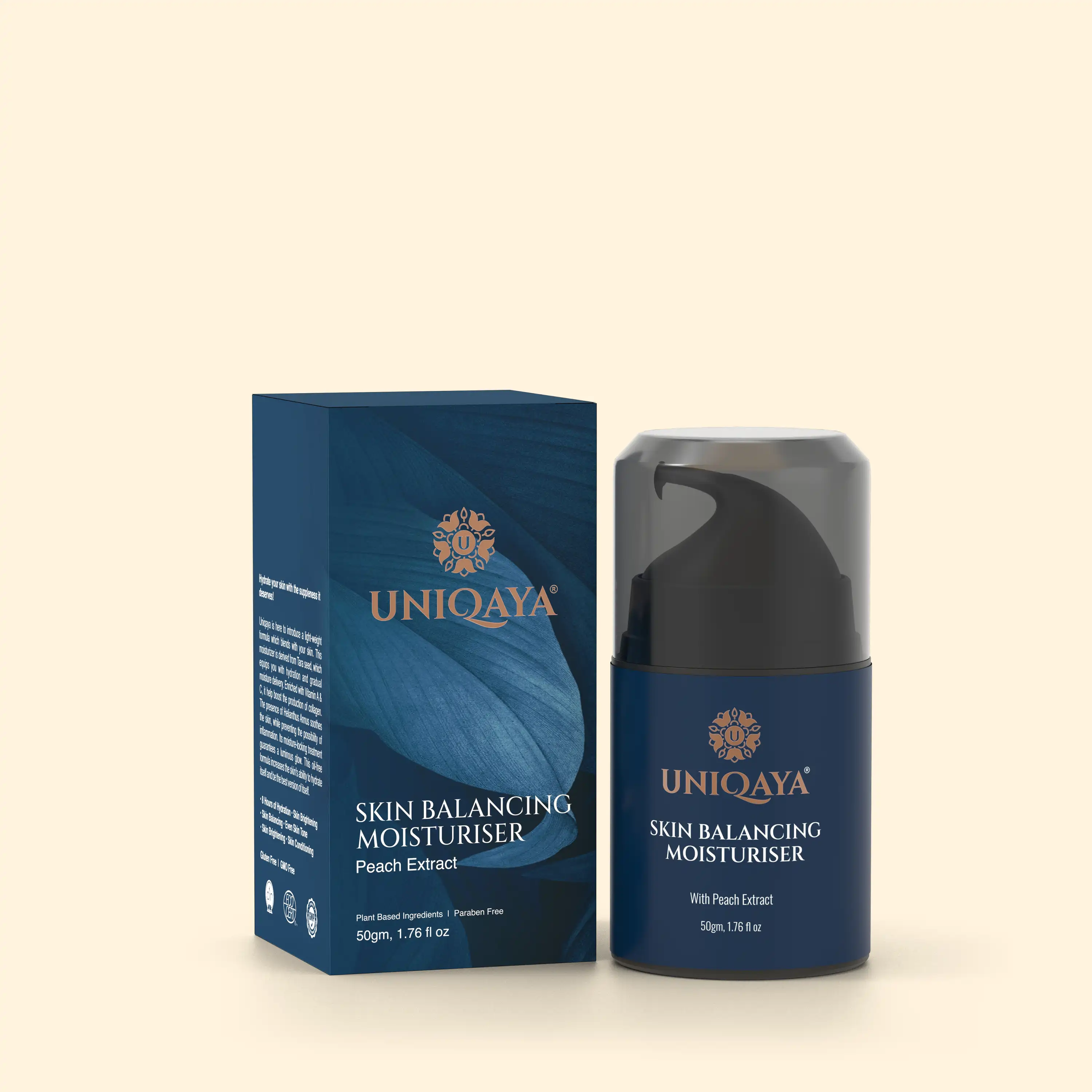
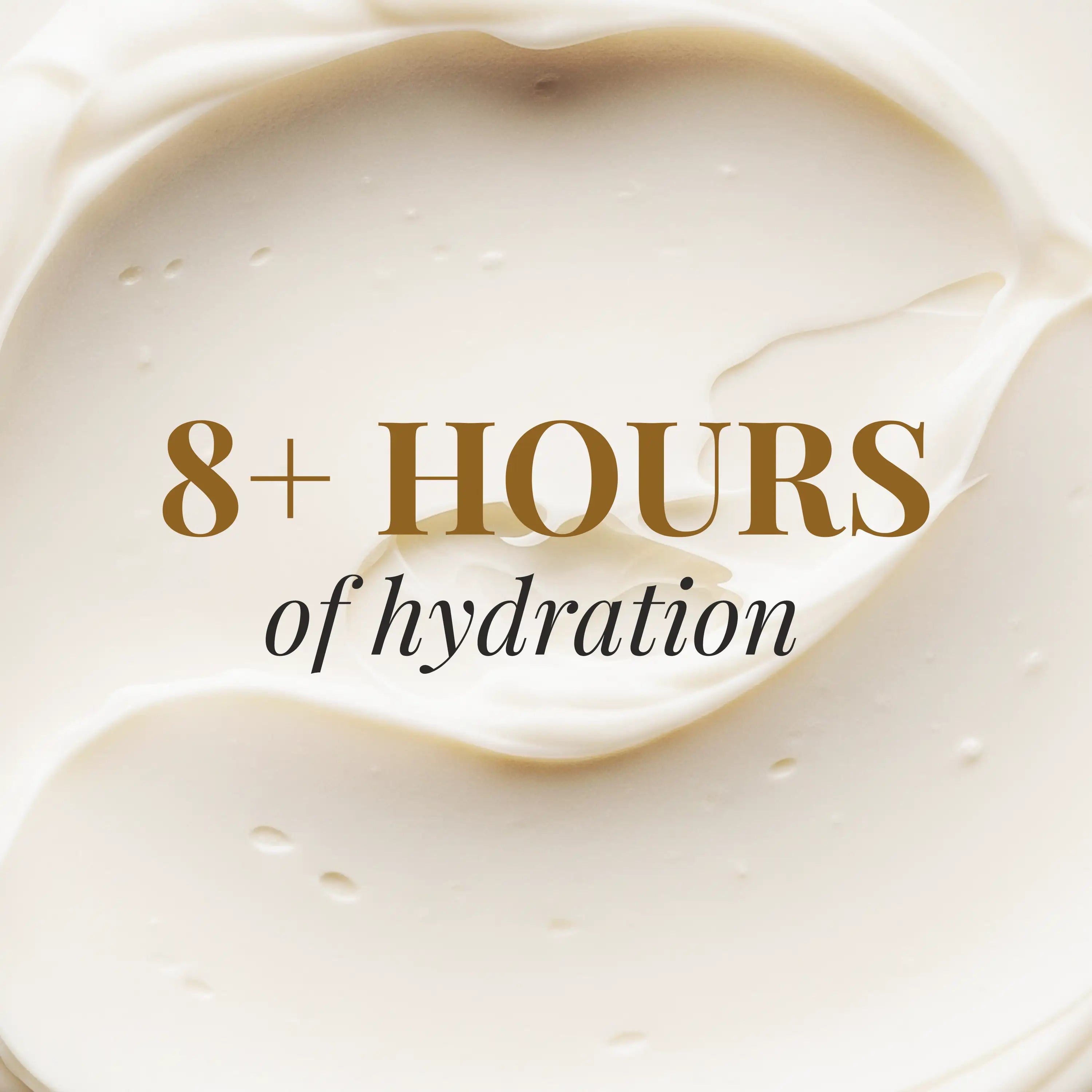
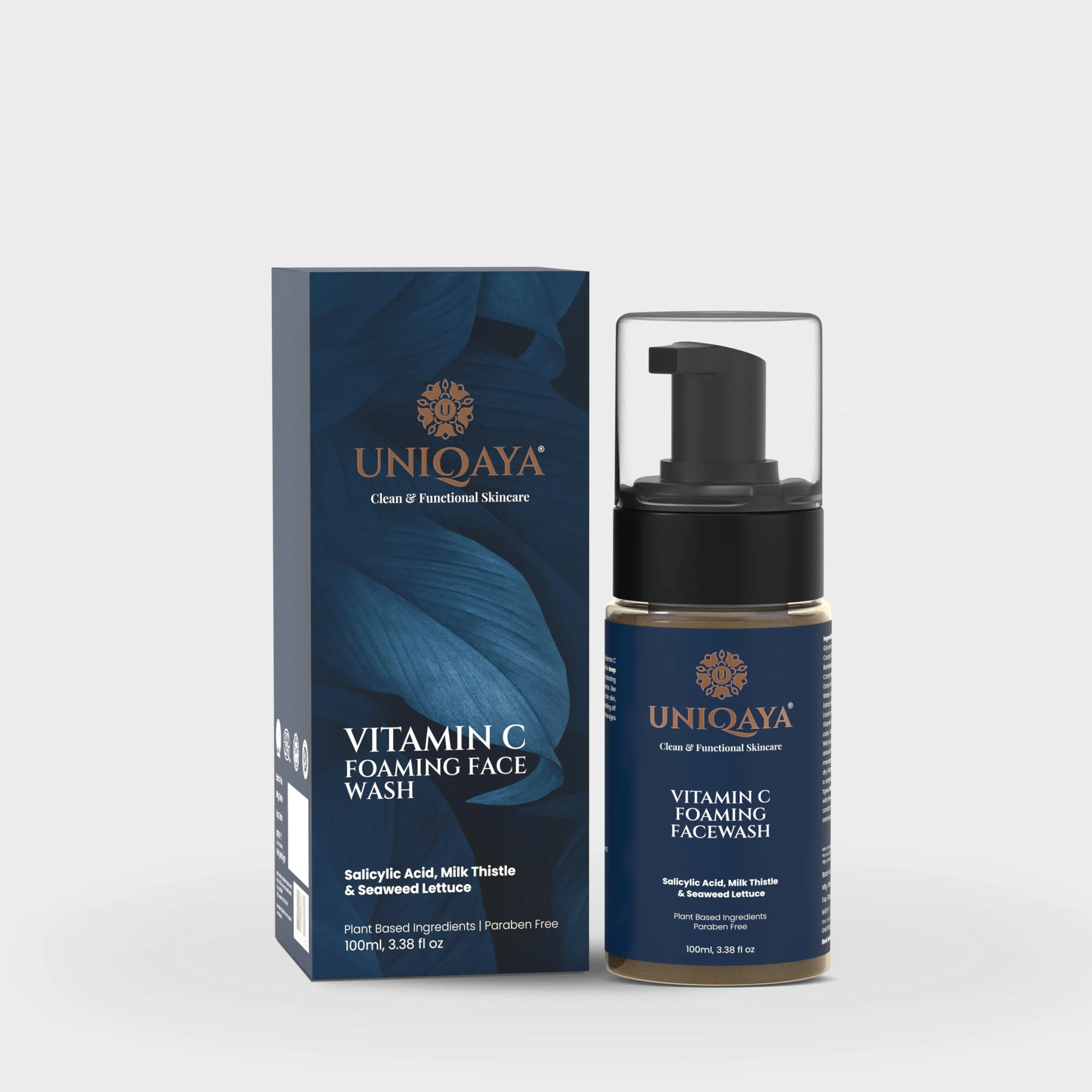
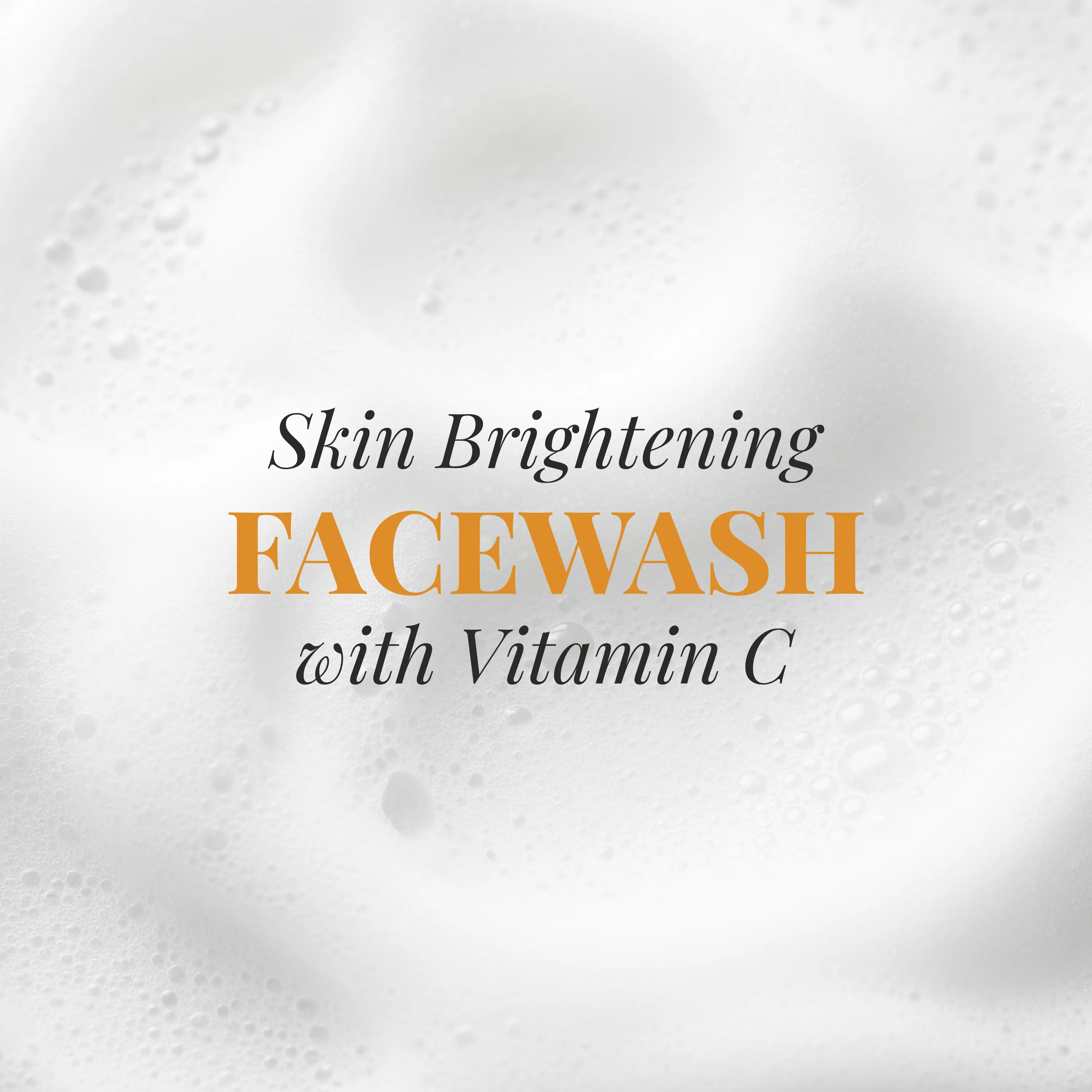
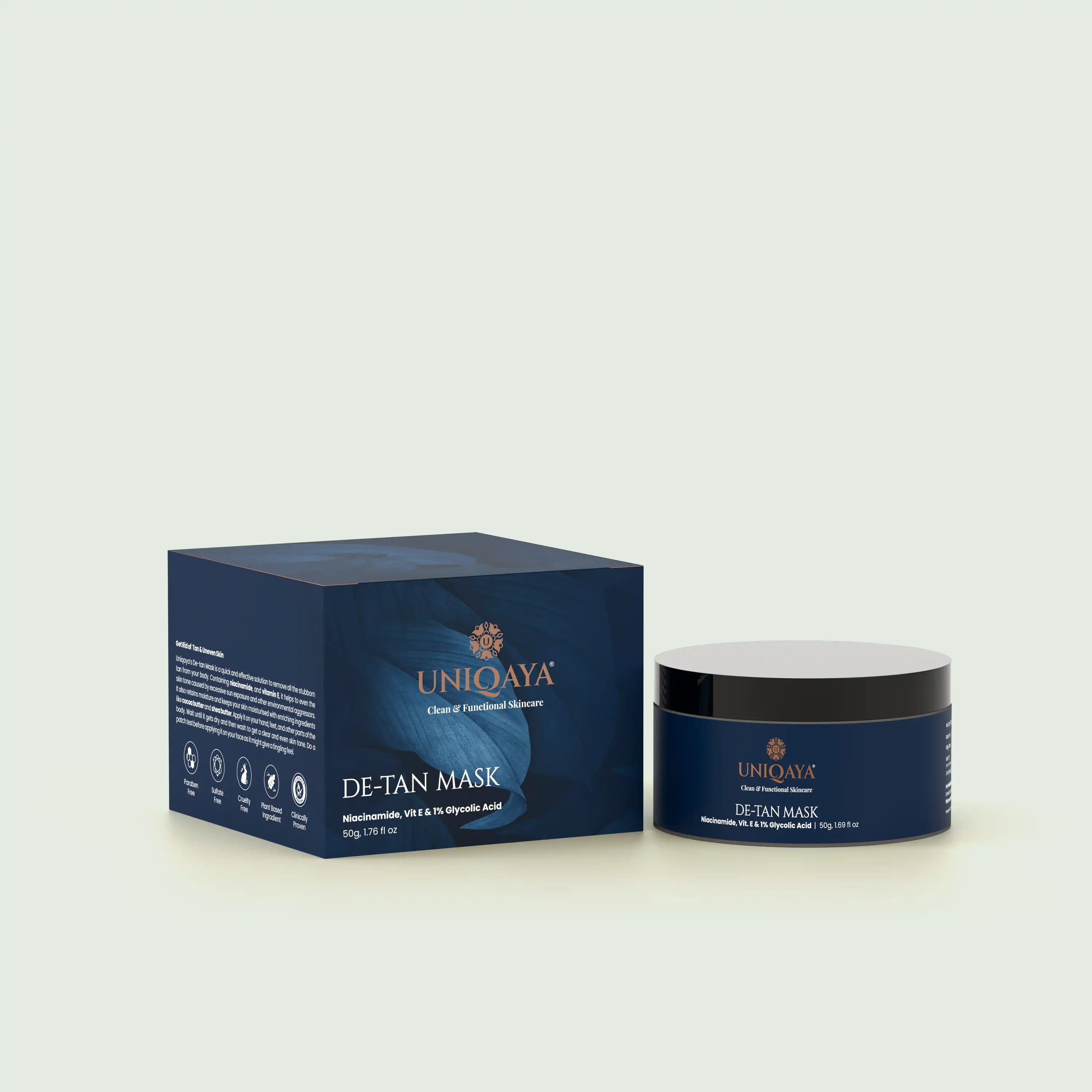
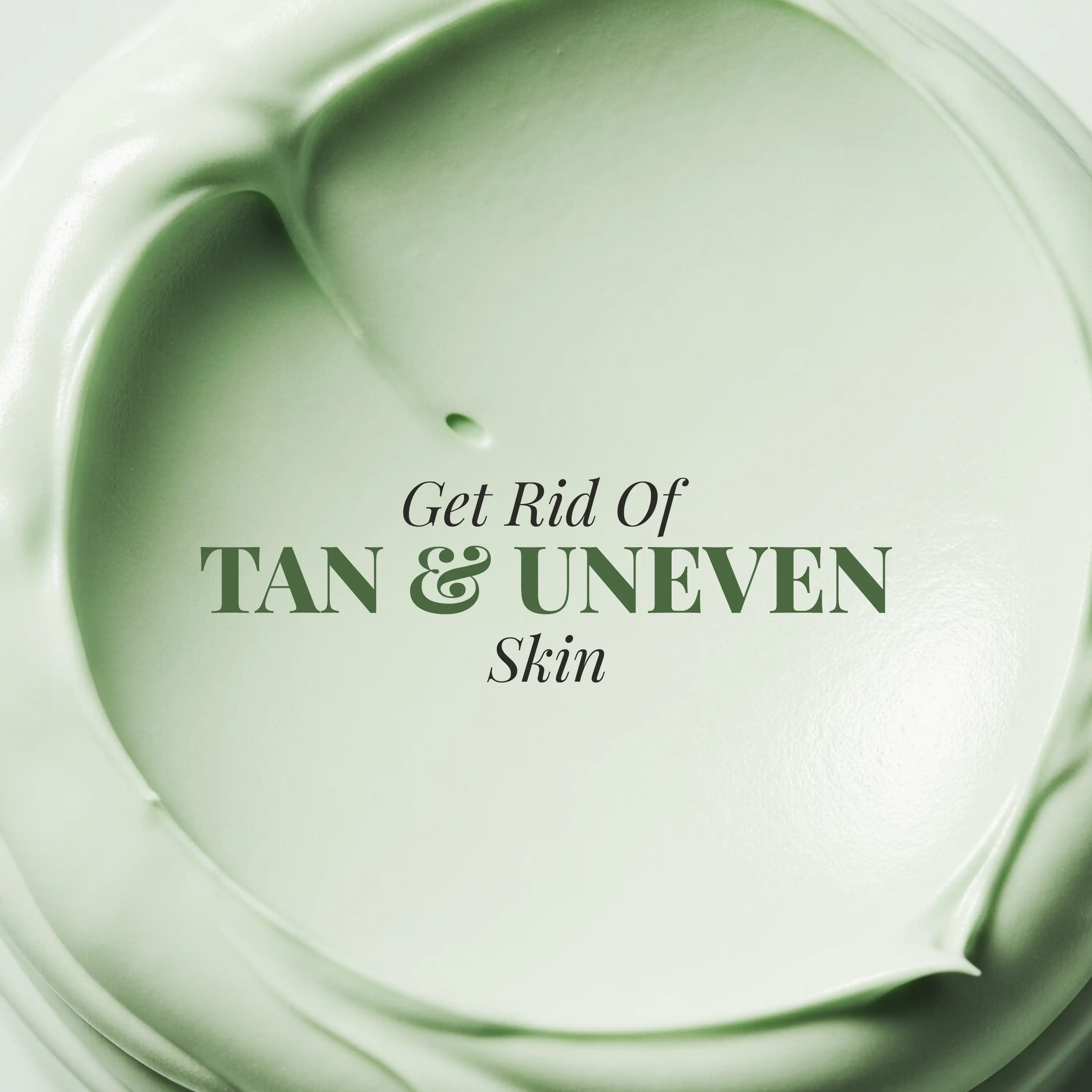
Leave a comment